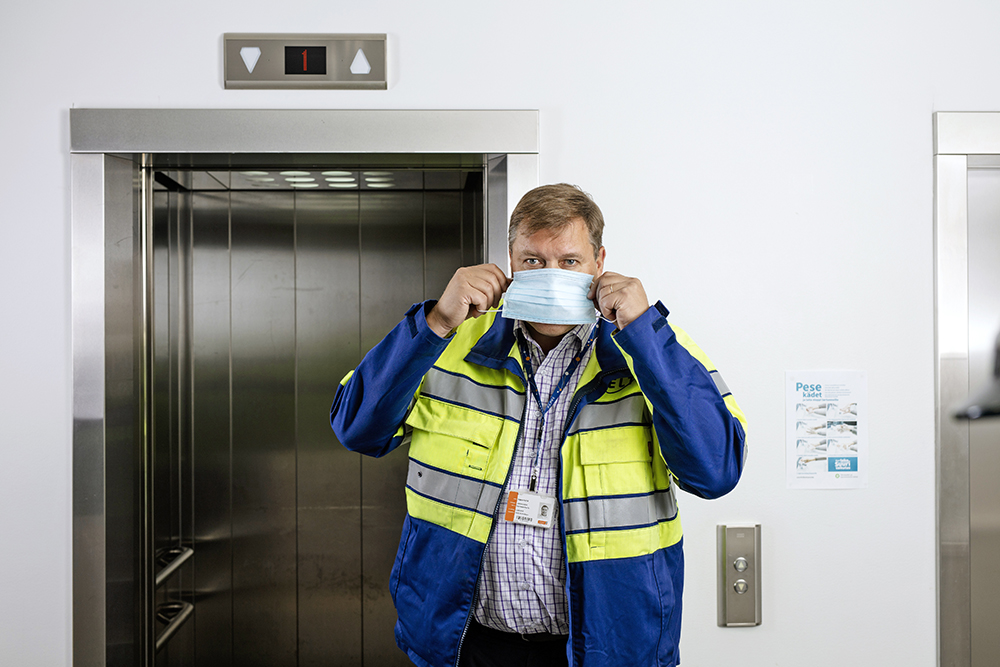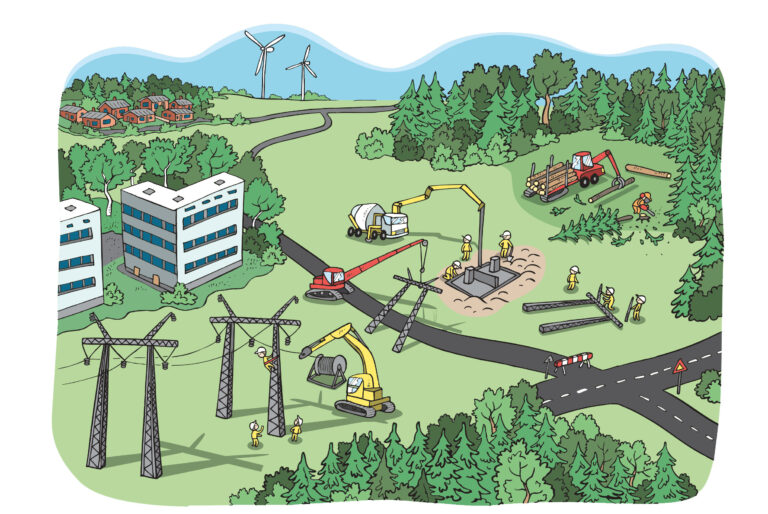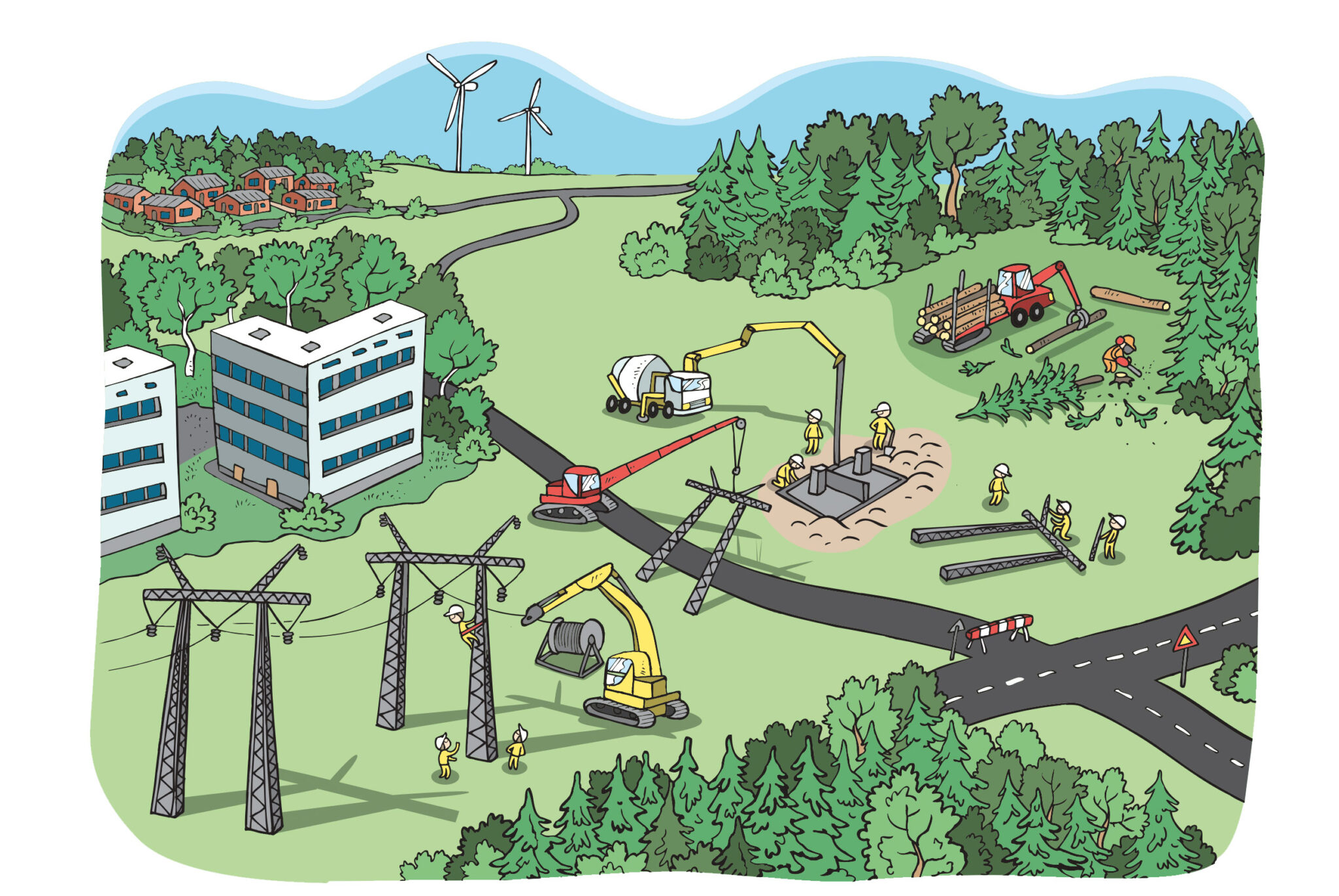The resurgence in coronavirus infection rates in August had partly been foreseen and led to companies reviewing their past and future pandemic practices. Eltel Networks’ Quality Manager, Seppo Rytilä, is satisfied with the way the company came through the exceptional circumstances.
“On worksites, we switched to working in teams that operated separately from one another. The members of different teams did not travel in the same cars, and care was taken to ensure social distancing,” Rytilä says.
Eltel also added soap and water to all of its production vehicles to enable employees to increase the number of times they washed their hands, no matter what the conditions or locations. Bottles of hand sanitiser and masks were also handed out for every vehicle to enhance hygiene.
The situation of employees on secondment living in shared accommodation was a special focus.
“Teams were also kept in mind when it came to housing arrangements. Housing units were only allowed to accommodate members of the same team. In addition, everybody had their own room, and an enhanced routine for cleaning and special surface cleansing was followed.”
Work has continued uninterrupted on Eltel Networks’ worksites, and there have so far been no infections passing from one employee to another.
Preparations ongoing
Signs of the onset of a second wave brought Eltel Networks’ coronavirus working group together to consider their next steps. The group decided to continue working with the policies used in the spring and refined the contingency plan for the future.
“Eltel’s coronavirus team is actively monitoring infection trends and will react rapidly to any changes. In the event of an increase in the rate of infection, the work of office-based employees will be planned in such a way that people doing similar work will all be based in the same place so that infections or quarantine will not affect continuity,” Rytilä says.
Although masks are used when visiting private customers and high-risk areas, the recommendations for construction sites are unlikely to change. At present, masks are not required. Rytilä finds the idea of using masks on worksites highly challenging.
“We tested the use of masks on one of our construction sites, but we found it to be impossible. They increased the number of occupational safety risks. For example, communication during working time became more difficult, and wearing a mask full-time also hinders the oxygen supply to people doing work that is already physically demanding,” Rytilä states.






